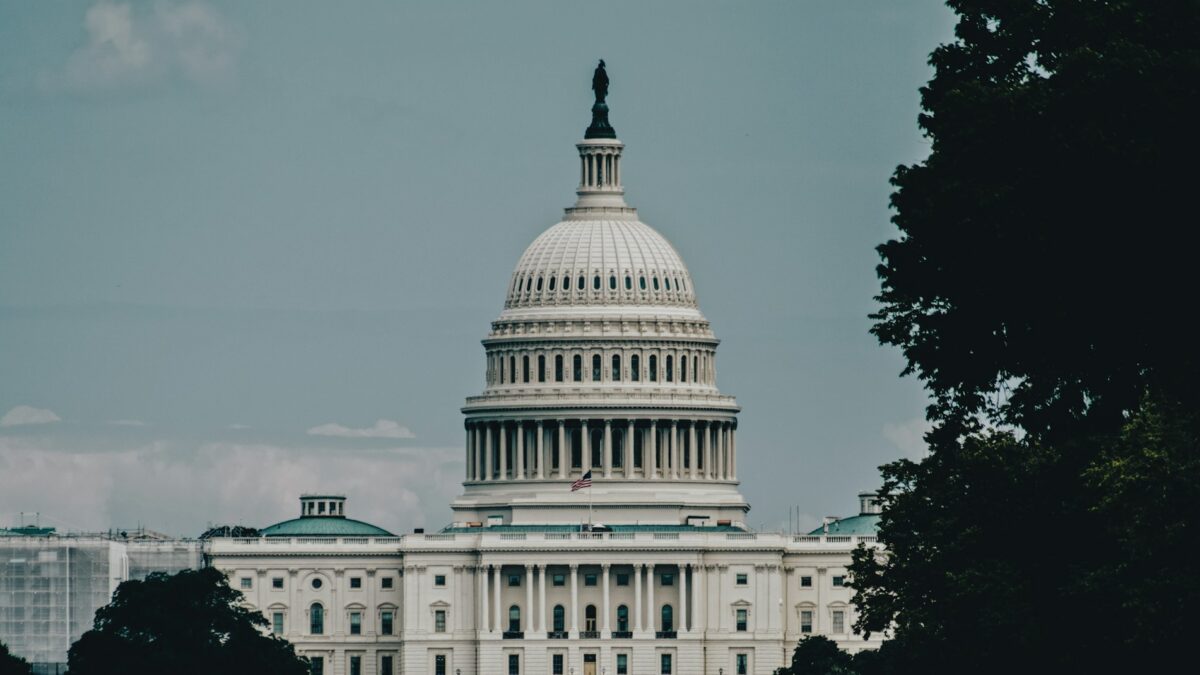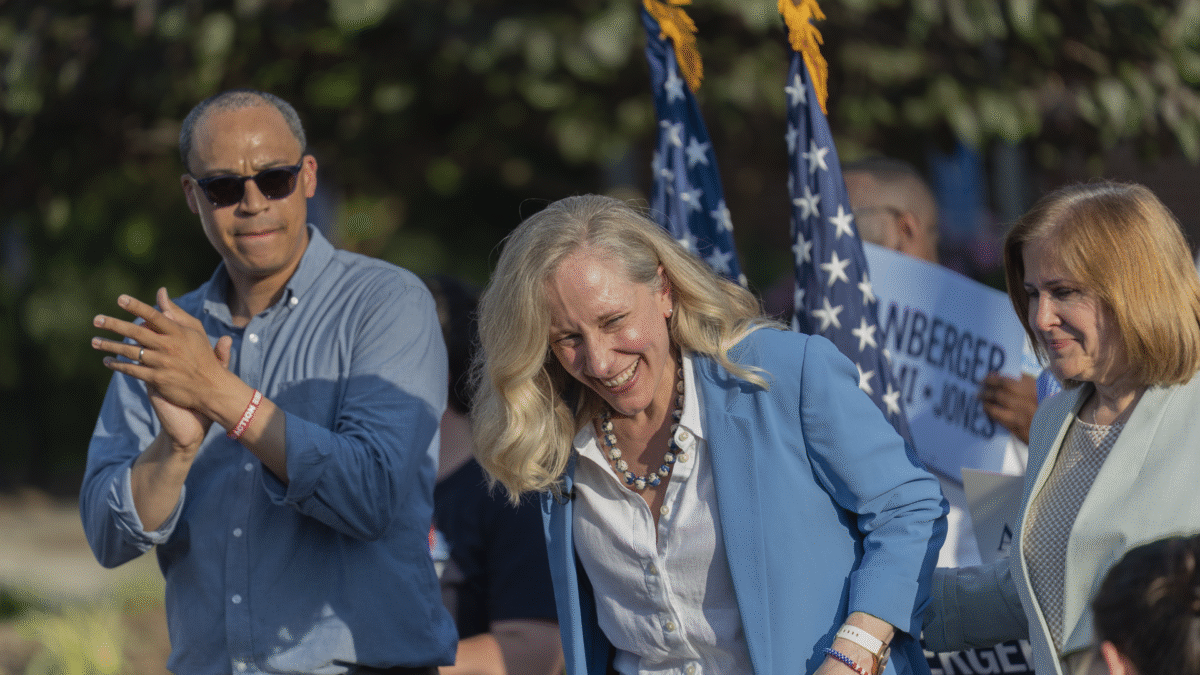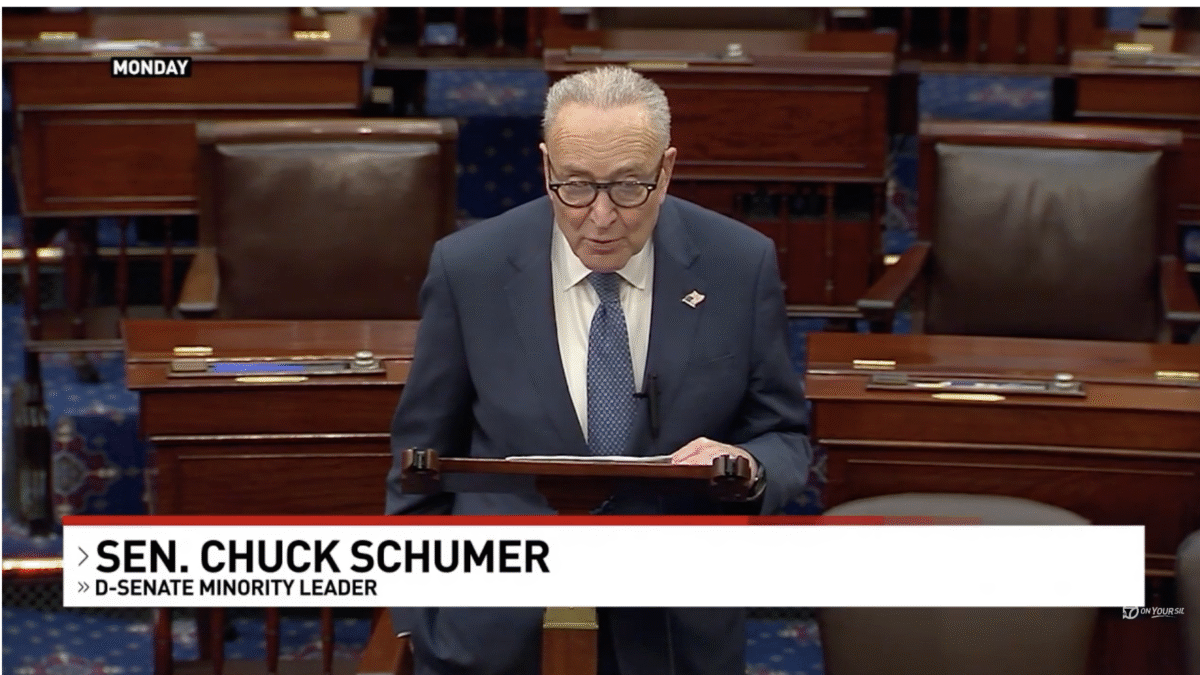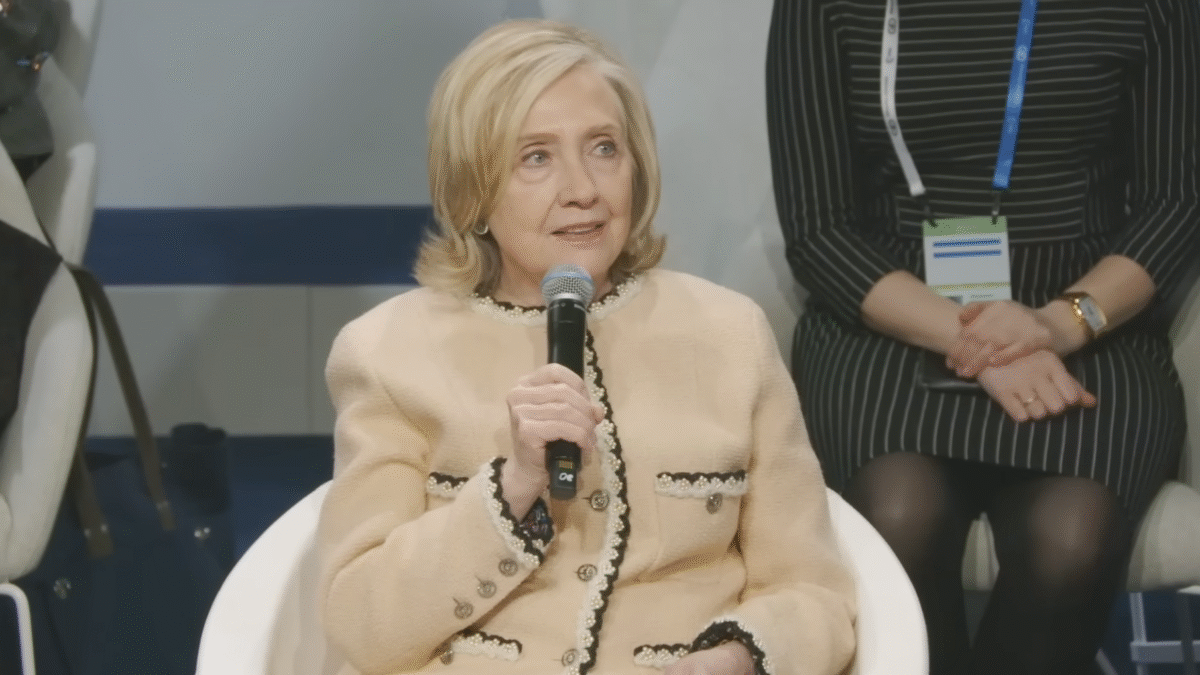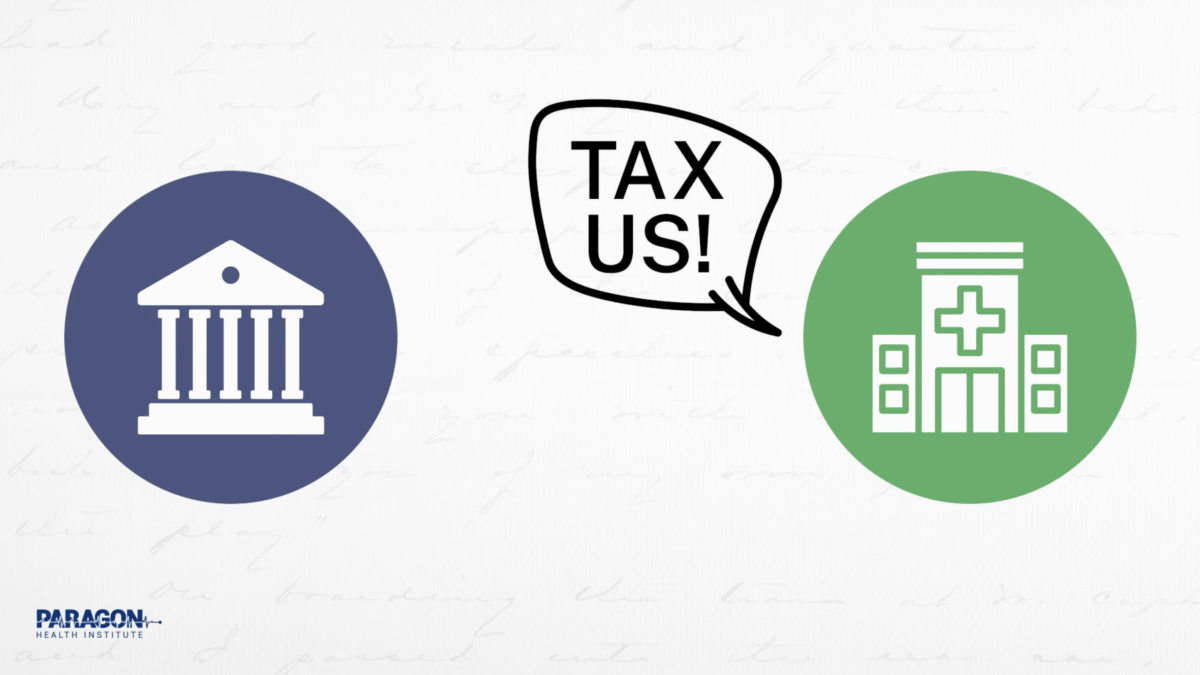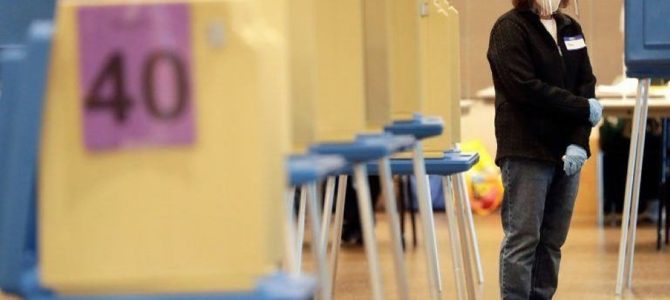
When Facebook CEO Mark Zuckerberg and his wife handed out hundreds of millions of dollars last year for a national safe voting initiative, the “donation” was heralded as vital support to “protect American elections” and to “bolster democracy during the pandemic.”
But what the grant money really purchased in battleground states like Wisconsin was the infiltration of the November presidential elections by liberal groups and Democratic activists, according to hundreds of pages of emails and other documents obtained by Wisconsin Spotlight.
In the city of Green Bay, which received a total of $1.6 million in grant funding from the Zuckerberg-funded Center for Tech and Civic Life, a “grant mentor” who has worked for several Democratic Party candidates, was given access to boxes of absentee ballots before the election. Michael Spitzer-Rubenstein, Wisconsin State Lead for the National Vote at Home Institute, in many ways became the de facto city elections chief.
The emails show Green Bay’s highly partisan Democrat Mayor Eric Genrich and his staff usurping city Clerk Kris Teske’s authority and letting the Zuckerberg-funded “grant team” take over — a clear violation of Wisconsin election statutes, say election law experts.
The liberal groups were also improperly insinuating themselves into the election system and coordinating with what became known as the “Wisconsin 5,” the state’s five largest communities that split more than $6 million in Zuckerberg money. The emails expose the dangers of handing over the administrative keys to private “fair election” groups with a clear political agenda.
State Rep. Janel Brandtjen (R-Menomonee Falls) who chairs the Assembly Committee on Campaigns and Elections, said the Green Bay emails, first obtained by state Rep. Shae Sortwell (R-Two Rivers) through an open records request, will be front and center at a hearing before the elections committee Wednesday.
“Going forward, if we don’t address them, I think we have a breakdown in Wisconsin’s political system,” said Brandtjen.
Outside Help
In July, the Center for Tech and Civic Life announced it was awarding grants totaling $6.3 million to the state’s five largest cities. Green Bay received nearly $1.1 million and then picked up another half-million dollars in a supplemental grant. The money was ostensibly to be used to “support election administration in the midst of the COVID-19 pandemic.” The “Wisconsin 5,” heavy Democratic strongholds, worked together to secure the funding.
The grants were thanks to the $250 million “gift” from the CEO of the social network giant that has silenced conservative speech. Zuckerberg would drop another $100 million on his “safe elections” agenda before the pivotal November presidential election. It was clear early on that the grant would come with a side of politics.
“I’ve been reading things on Facebook about people complaining where the million (dollar grant) is coming from. I think it might get political,” then-Green Bay City Clerk Kris Teske wrote in a July 14 email to Diana Ellenbecker, the city’s finance director, and Teske’s boss.
Teske wrote that Celestine Jeffreys, Green Mayor Eric Genrich’s chief of staff, “talked about having advisors from the organization giving the grant who will be ‘helping us’ with the election and I don’t know anything about that.”
Eventually, the advisers would play an extensive role in “helping” administer Green Bay’s election.
“We are really excited to put the funds to work to make sure that every Green Bay resident has the opportunity to vote safely and securely in August and November,” the mayor said in a press release announcing the grant.
Genrich championed the grant and the city council approved the funding — with conditions from the grant provider.
“CTCL said, if you don’t follow our requirements, we get the money back,” said Erick Kaardal, appellate law attorney representing the Wisconsin Voters Alliance, which challenged the constitutionality of election procedures in Arizona, Michigan, Pennsylvania, and Wisconsin following November’s election. “The city had to report to CTCL how it was spending the grant money, then (CTCL) introduced all of the nonprofits.”
Can We Help?
One of the key players involved was Michael Spitzer-Rubenstein, state leader for election security for the National Vote at Home Institute. The institute, one of many left-leaning subcontractors in the “election support” network, is tied at the hip to the Center for Tech and Civil Life. CTCL’s founder and executive director is in the “Circle of Advisors” for the National Vote at Home Institute.
Spitzer-Rubenstein, who was tapped as point man for his organization’s efforts in Wisconsin, has a history working for Democratic campaigns. He has a history of working for Democratic campaigns, according to his resume. In 2012, Spitzer-Rubenstein interned for Melissa Mark-Viverito, a “fiercely liberal” Democrat and former speaker of the New York City Council.
He sought to assist Green Bay elections officials correct or “cure” absentee ballots returned to the city clerk. “Can we help with curing absentee ballots that are missing a signature or witness signature address?” he wrote to Green Bay city clerk, Kris Teske in an Oct. 7 email.
While the Wisconsin Elections Commission permitted clerks to fix absentee ballot errors or omissions, it didn’t say former Democratic Party operatives could “help.” The city clerk declined Spitzer-Rubenstein’s offer.
The mayor’s office applied pressure. “The grant mentors would like to meet with you to discuss, further, the ballot curing process. Please let them know when you’re available,” Celestine Jeffreys, Genrich’s chief of staff, demanded of Teske.
Spitzer-Rubenstein assured the clerk that the National Vote at Home Institute had done the same for others. “We have a process map that we’ve worked out with Milwaukee for their process. We can also adapt the letter we’re sending out with rejected absentee ballots along with a call script alerting voters (We can also get people to make the calls, too, so you don’t need to worry about it.).”
Jeffreys told Wisconsin Spotlight she hadn’t seen the emails (that she sent) so she couldn’t comment on them. She said she probably wouldn’t have time to review them, even if they were sent to her.
Too Much ‘Help’
Teske was losing her patience — and control of her office. Several emails show the city clerk’s growing frustration with the mayor, his chief of staff, the city’s ad hoc elections committee, and the nonprofit interlopers who were making themselves at home in Green Bay election administration.
“As you know I am very frustrated, along with the Clerk’s Office. I don’t know what to do anymore. I am trying to explain the process but it isn’t heard. I don’t feel I can talk to the Mayor after the last meeting you, me, Celestine, and the Mayor had even though the door is supposedly open,” the city clerk wrote to Green Bay Finance Director Diana Ellenbecker in late August. “I don’t understand how people who don’t have knowledge of the process can tell us how to manage the election.”
On Oct. 22, things apparently reached a boiling point. Teske told Ellenbecker that two members of the clerk’s staff wanted to quit, and another was looking for a new job. They were being ignored or bullied by the mayor’s office. “They call me crying or they say they went home crying,” the clerk said.
Teske wondered if the grant team consultants understood Wisconsin election law. “I also asked when these people from the grant give us advisors who is go [sic] to be determining if there [sic] opinion is legal or not,” she wrote in an email to Ellenbecker on July 9. “Every state has different election laws. And this group is from Illinois. They already should have pointed out that additional in-person early voting sites can’t happen because the deadline has passed.”
Eventually, Teske could take no more. On October 22, she wrote in an email she was taking a leave of absence. By the end of the year, she had officially resigned to take a similar position with the nearby community of Ashwaubenon. Teske did not return Wisconsin Spotlight’s requests for comment.
Keys to the Election
In Teske’s absence, it appears Spitzer-Rubenstein and his team ramped up their involvement in the upcoming election. The state leader for the National Vote at Home Institute seemed to be everywhere, leading just about every aspect of Green Bay’s election administration.
“Are the ballots going to be in trays/boxes within the bin? I’m at KI now, trying to figure out whether we’ll need to move the bins throughout the day or if we can just stick them along the wall and use trays or something similar to move the ballots between stations,” Spitzer-Rubenstein wrote in an email to city liaison Amaad Rivera two days before the election.
The KI Convention Center at Green Bay’s Hyatt Regency was where the election team decided to locate the city’s Central Count and where the absentee ballots were stored, late in the game. Central Count originally was to be at city hall, but space limitations and COVID-19 concerns allegedly forced the move to the convention center. At one point, a city official, after talking with a representative from the National Vote at Home Institute, was “brainstorming” about how the city could livestream Central Count at city hall “so that (election observers) do not enter the building.”
Spitzer-Rubenstein was given the keys to the room where the absentee ballots were stored. A Hyatt Regency checklist instructed staff, “DO NOT UNLOCK GRAND BALLROOM UNTIL Michael Spitzer-Rubenstein IS WITH SECURITY WHEN UNLOCKING THE GRAND BALLROOM DOORS.”
Former Brown County Clerk Sandy Juno, who retired from the post in early January, said the contract stipulated that Spitzer-Rubenstein would have four of the five keys to the KI Center’s ballroom — “several days before the election.”
The city of Green Bay literally gave the keys to the election to a Democratic Party operative from New York.
Green Bay Goes Rogue
Juno raised concerns about how the election was conducted in Green Bay. She told the Wisconsin Elections Commission that she believed the Central Count location was “tainted by the influence of a person working for an outside organization affecting the election.”
Nathan Judnic, Elections Commission staff attorney, said nothing prohibited the city from working with the groups, but “the inspectors and the absentee board of canvassers working the location are the individuals that are to be making decisions, not the consultants.” It’s clear by the emails, Spitzer-Rubenstein and crew were calling a lot of the shots.
Juno said Green Bay city officials, led by the mayor’s office, broke off communications with the Brown County Clerk’s office long before the election. “We had one municipality in Brown County that really went rogue,” she said. “In 2020, Green Bay was just on their own.” While the city may not have been communicating with the county, it certainly was communicating and coordinating with the “WI-5,” particularly Milwaukee elections officials, the emails show.
Erick Kaardal, the attorney for the Wisconsin Voters Alliance, asserts the liberal non-profit groups worked with the mayor’s office, the Green Bay City Council, and the ad-hoc election committee to usurp the city clerk’s authority.
Wisconsin election law clearly spells out that municipal clerks are in charge of administering elections. Kaardal said CTCL’s election security funding came with conditions that bound the city to give these left-leaning actors power they could not legally take. The mayor and his team, as well as the city council, had no legal right to limit the clerk’s role in the elections, or take them over.
Kaardal said the question isn’t about election fraud; it’s about the laws broken by the third-party groups and the city, leaving doubt about the integrity of the election system. “What’s critical to understand is how legally unauthorized all of this is,” said the attorney, who also serves as special counsel for the Thomas More Society. A top official for CTCL did not return Wisconsin Spotlight’s request for comment.
Rep. Brandtjen said liberal voters would have the same concerns if the shoe were on the other foot. “I would liken it to if someone had the Tea Party running the elections in (Republican) Waukesha County,” the lawmaker said. The Republican-controlled legislature has introduced several reform bills in recent days, a response to myriad election integrity concerns leading up to and through the heated presidential election. The package of bills includes legislation prohibiting clerks and election officials from curing ballots, returning back to the original intent of the law that electors and absentee voter witnesses to fix mistakes or omissions.
Another reform measure would require private funding to go through the state, which would divide the money among more than just Wisconsin’s largest, most liberal cities. “My constituents have had a lot of concerns about the 2020 elections. What we’ve seen in the back and forth of these emails in Green Bay legitimizes their concerns,” Brandtjen said.
Republished from Wisconsin Spotlight, with permission.


